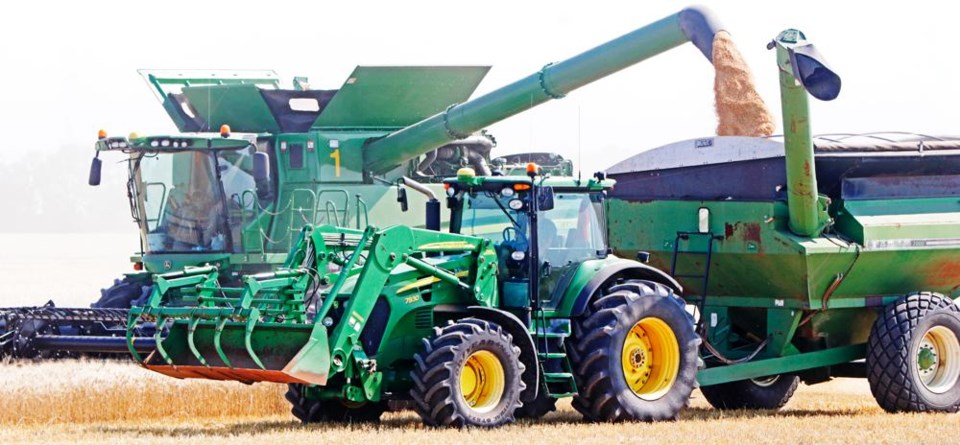YORKTON - Have you ever wondered what would happen if we had true worldwide free trade in agricultural commodities?
I suppose it is ultimately an exercise in fantasy because politics and nationalism being the forces they are not likely to ever completely stop meddling in trade as a way to gain favour at home, or as a way to fire a salvo in political battles with other nations.
If I think back to social studies and history classes in school many, many years ago, I recall the teacher suggesting Canada would do quite well if the world simply let countries that produce something best be allowed to do it.
On the surface that is rather a reasonable vision.
For example does it make sense to try and grow wheat by reclaiming desert?
Certainly that would make little sense if trade flowed unencumbered, but the reality is that in our increasingly volatile world there is risk on relying on another country for your food supply.
We in Canada look south and there sits the U.S. and we tend to think that country is a stable trade partner.
But, is that assured in a world where you still have the loose cannon that is Donald Trump eyeing the presidency – perhaps from a jail cell.
Then mix in some of the 1950s legislation being enacted in several southern states which makes one wonder how those powder kegs might play out.
And, just how ‘good neighbour' will the U.S. be if they ever need our water, oil with any level of urgency?
Ultimately, the U.S. is as ‘me first’ a nation as any.
Back to the original question. It is one we need to realize would mean the world would have to have evolved, and areas such as Eastern Europe and swaths of Africa would be allowed to produce as they could with access to technology and that elusive free trade.
It would seem reasonable that North America might find that it is not as perfectly situated geographically if trade became truly free.
Then too one might have to factor in the impact of climate change moving forward.
And, if climate change continues, and we as humans have a negative role, what will that mean to export transportation?
Granted, this is all very speculative questioning, and the aforementioned volatility of the world makes knowing what might happen tomorrow difficult, but it is interesting to think about a long held vision might be less wonderful than we would hope.





